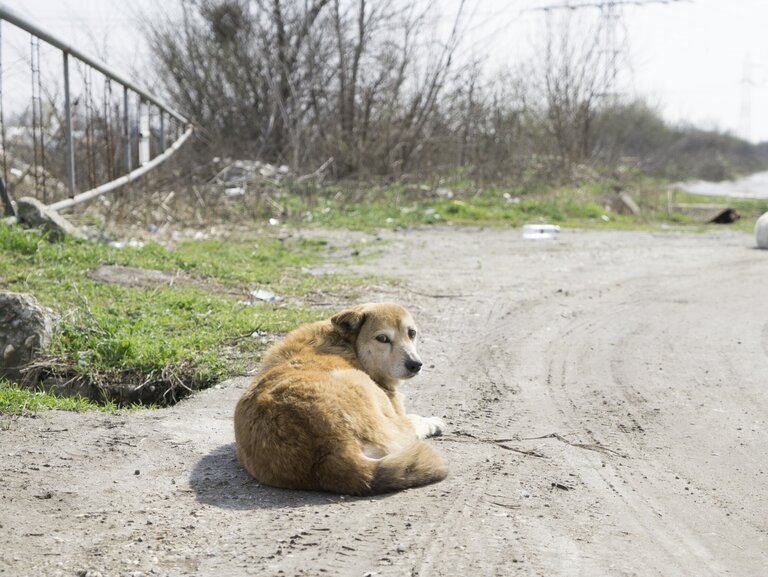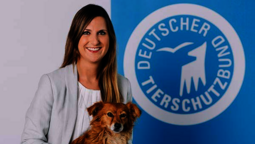Following today's top-level discussion on the situation of animal shelters at the invitation of the Federal Commissioner for Animal Welfare, Ariane Kari, the President of the German Animal Welfare Federation, Thomas Schröder, draws an initial balance:
"The political ignorance of recent years towards practical animal welfare has culminated in a dramatic situation for animal shelters. We are therefore grateful that the Federal Commissioner for Animal Welfare, Ariane Kari, is committed to taking the reins of action. Today's meeting was a constructive start, an open and clear exchange about problems and responsibilities. It is good that these discussions are being continued in an intensive and solution-oriented manner.
The situation at animal shelters is and remains extremely tense. We are starting the animal welfare year 2024 with great concerns. Countless animals being handed in privately, overcrowding and the resulting admission freezes are a sad daily occurrence in almost every animal shelter. More and more animals with high care needs, such as dogs with behavioral problems, are staying in shelters for longer, even though they are not designed as permanent "holding facilities". At the same time, animal shelters are struggling with the immense increase in costs for energy, food, veterinary treatment and staff. Animal welfare activists are usually fighting alone against the suffering of stray cats, which has become one of the biggest unnoticed animal welfare problems in Germany in recent years. Urgently needed renovations and expansions have long been beyond the financial means of the local animal welfare organizations that run the shelters. And the consequences of the overload are also increasingly affecting the authorities: Veterinary offices can no longer fulfill their duties because they are dependent on animal shelters to house confiscated animals.
One thing is clear: in view of the national goal of animal welfare, all federal levels - federal, state, local and district - must face up to their responsibilities instead of passing them on to each other. I am disappointed with the federal government. We were promised an endowment fund for animal shelters, but Federal Minister Cem Özdemir has apparently pushed this down the list of priorities. And now we have this disastrous budget situation. Unfortunately, as animal welfare activists, we don't have enough tractors. In addition to the financial resources, however, it is also about the legal framework conditions that need to be implemented by the federal and state governments in order to relieve the burden on animal shelters: for example, a nationwide castration obligation for outdoor cats, an identification and registration obligation for dogs and cats and a ban on the online trade in animals. These measures initially cost no money. All that is needed is courage and a heart and mind for animal welfare. Meanwhile, valuable time is running out. The animal shelters won't last much longer."
Note to editors: Here you will find the handout of the German Animal Welfare Federation on the round table on the situation of animal shelters with lots of background information. As part of its current campaign "Animal shelters help. Help animal shelters!" (www.tierheime-helfen.de) and "Every cat's life counts!" (www.jetzt-katzen-helfen.de), the federation continuously provides information about the challenges faced by animal shelters.








